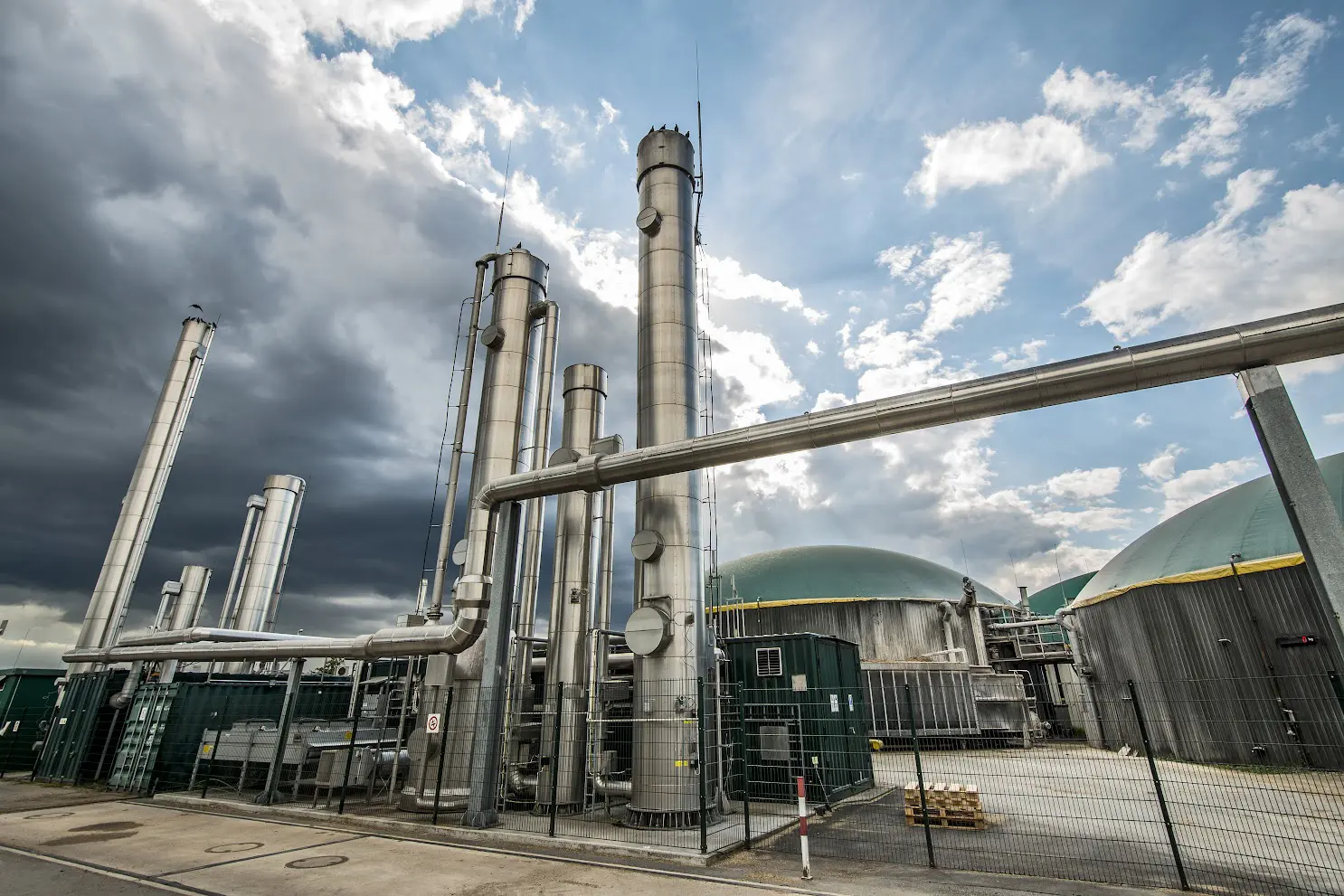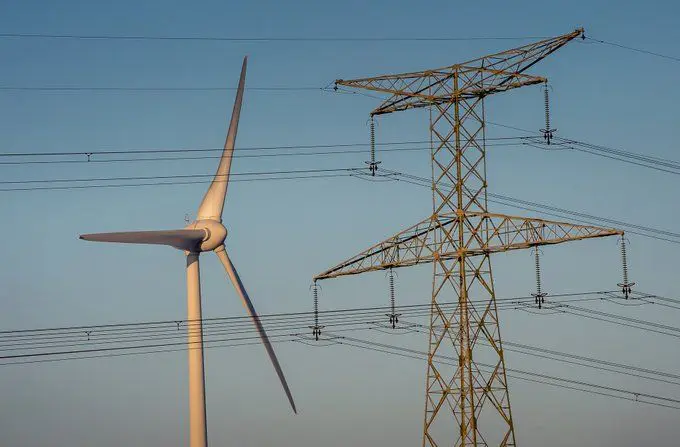Tout savoir sur l’Energy Management et le rôle d’Energy manager ! #2

To remedy these pitfalls, there are two possible energy management approaches, depending on your company’s situation:
- Your existing energy consultant could play a coaching role to provide the necessary expertise and pace of progress.
- Or you could outsource the function if your company does not have an expert on hand.
The Energy Manager’s role is to assess your company’s energy situation and develop or tailor an energy roadmap that fits your specific needs. He or she must also be proactive, analyzing your consumption trends and keeping up with regulations to ensure your company remains in compliance. The Energy Manager can also be tasked with optimizing all your energy purchases.
Energy Manager: draws up an action plan to improve your company’s energy efficiency
Implementing an action plan to enhance energy efficiency is a key issue for companies. That’s why the Energy Manager plays a crucial role in this process. He or she is responsible for determining the objectives and actions required to reduce the company’s energy consumption. The Energy Manager must also ensure that the measures implemented comply with the rules and standards in force, such as the tertiary sector decree or the BACS decree.
Corporate Social Responsibility (CSR) is an increasingly important issue in energy management. Businesses need to demonstrate their commitment to the environment and sustainability. Therefore, the Energy Manager must build these issues into the action plan. He or she must also ensure that employees and customers are informed of the actions taken to reduce energy consumption.
Analyzing energy consumption: the first step in implementing an Energy Management system
Analyzing energy consumption is the first step in implementing a sustainable strategy to enhance a company’s energy efficiency. That’s where the Energy Manager comes in. He or she is in charge of monitoring and analyzing the company’s energy consumption to define the objectives and actions needed to reduce energy consumption.
To conduct this analysis, the Energy Manager needs to collect data on the company’s energy consumption. He or she can use analysis tools to monitor the energy consumption of buildings, equipment and processes. The EM can also use benchmarks to compare the company’s energy consumption with that of similar companies.
Monitoring and analyzing the results to assess the effectiveness of your Energy Management system
Monitoring and analyzing results are essential to assess the effectiveness of the Energy Manager’s energy management strategy. The EM is responsible for monitoring results and analyzing data to identify successful actions and opportunities for improvement.
To perform this analysis, the Energy Manager needs to use tracking tools to monitor the company’s energy consumption. He or she can use key performance indicators (KPIs) to assess the effectiveness of the strategy and identify areas where improvements can be made.
Using the results obtained, the Energy Manager can adjust his/her energy management strategy to meet the targets set. He or she can identify actions that have worked and step them up, while correcting those that have not produced the expected results. By using analysis and monitoring tools, the Energy Manager can continue to improve the company’s energy management to achieve lower levels of energy consumption and meet sustainability targets.
Involving all employees: the Energy Manager’s main mission
Involving all employees is key to the successful implementation of the Energy Manager’s energy management strategy. It’s important that all employees understand their role and impact on the company’s energy consumption, so that everyone can contribute to reducing it.
To get all employees on-board, the Energy Manager must raise awareness and train them in the issues at stake in energy management and the actions implemented to reduce energy consumption. The EM can hold training sessions and awareness campaigns to inform employees about the actions they can take to reduce their energy consumption. He or she can also set up reward programs to encourage employees to adopt more sober energy-related behavior.
By involving all employees in energy management, the Energy Manager can maximize the results obtained. Employees can help reduce energy consumption by adopting more energy-efficient habits, reporting faults in energy-intensive equipment, and suggesting ideas for further savings. This fosters a culture of energy consciousness within the company and maximizes the impact of the energy management strategy.
The E’nergys group brings your own E’nergys manager
A coach to minimize your efforts and maximize your energy savings!
In concrete terms, using an E’nergys Manager means:
- Controlling your energy-related costs, including energy purchases.
- Turning regulations into an opportunity!
- Limiting your carbon footprint (a CSR commitment)
- Saving time and energy
- Short-term performance and autonomy
- Building energy efficiency into your business performance!




